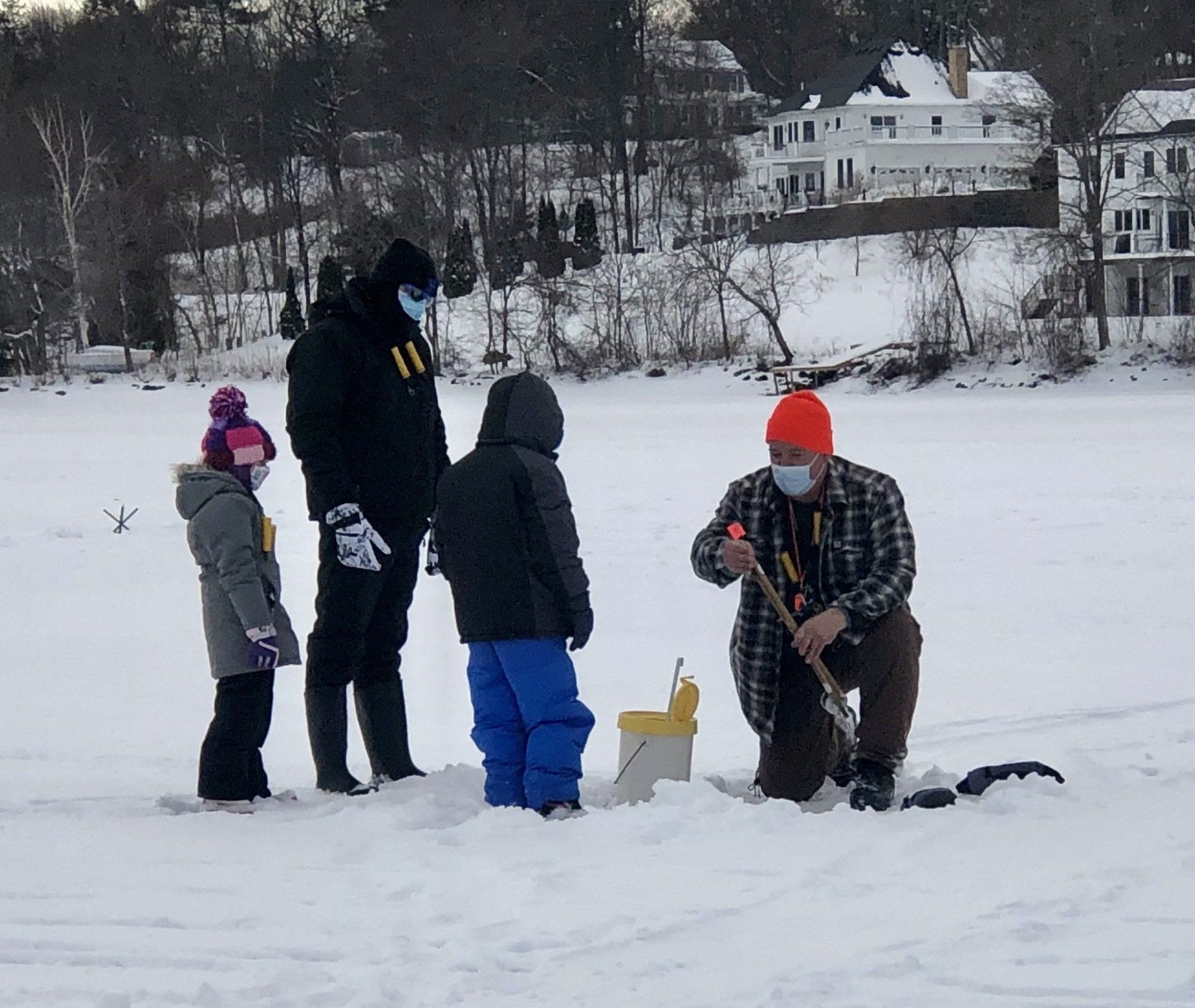Indian Lake
Fish & Wildlife
Send us your photos!

WORCESTER ANGLER EVENT SERIES A HUGE SUCCESS!
The Indian Lake Watershed Association was thrilled to be a part of the first ever Worcester Angler Event Series!!
The series consisted of free virtual and outdoor, fishing-themed events which ran from February to September. An additional Learn to Ice Fish event took place in February 2022 by popular demand and it was a great success.
This series was a collaboration between the city of Worcester Lakes and Ponds Program, the Indian Lake Watershed Association, Lake Quinsigamond Watershed Association and Tatnuck Brook Watershed Association. Other collaborators included Shrewsbury Parks and Recreation, MassWildlife, Massachusetts Department of Conservation and Recreation and the Lake Quinsigamond Commission.
Missed an event? All the virtual events are posted at the following like and can be viewed free of charge: www.wooanglerseries.com
Thank you to everyone who made the Worcester Angler Event Series a success!

